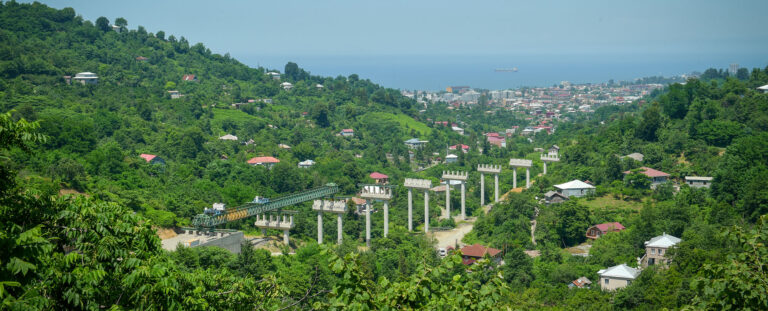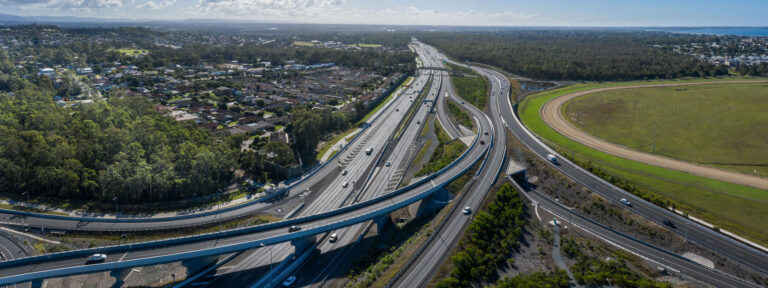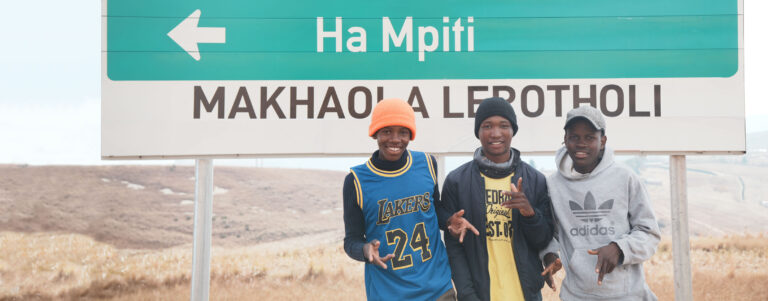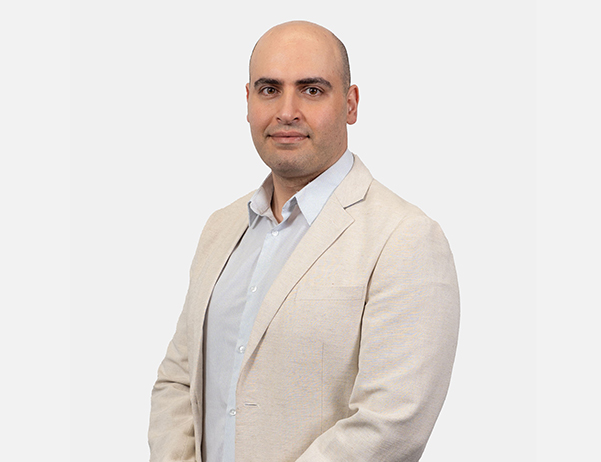
The study’s primary focus lies in identifying key findings, concerns, and recommendations regarding dam breach simulations. It underscores the importance of international efforts to gather accurate datasets and conduct laboratory-based dam breach simulations, which could significantly enhance data-centric models. Additionally, it emphasises the necessity of considering all relevant information, particularly geotechnical data, to ensure the reliability of estimations, especially for large dams with potentially catastrophic consequences.
Practitioners are advised to exercise caution when utilising breaching equations for dams equipped with additional safety components, ensuring a thorough understanding of dam structures to derive reliable outcomes. The study also points out ambiguities and limited information regarding the ‘erodibility’ term in certain datasets, suggesting a reassessment of equations and the collection of more geotechnical data for future research. Furthermore, it stresses the need for a robust framework to filter and select the best predictors, acknowledging the significant impact of input data on data-driven approaches.
Lastly, the study highlights the importance of selecting empirical equations based on comprehensive datasets to ensure accuracy in peak failure discharge estimations, while also recognising the necessity for continuous refinement of methodologies with improvements in historical data and predictor updates.
Monte is looking forward to seeing how this research can inform the global dam industry, “On a global scale, anyone from any part of the world could replicate and or use this methodology and compare/validate against their local procedure and models that they have.”
Monte, along with his colleague Tim Rhodes will represent SMEC at the “Advances in Dam Breach Assessment” webinar hosted by the Australian Water School on 8 May 2024. Here, he will speak more on the use of advanced statistical methodologies to reach the outcome, while leveraging this platform to share his expertise with professionals and researchers worldwide.
 Transmission in the Transition
Transmission in the Transition
Transmission Systems of the future need to rapidly adapt to the new world of sustainable energy. Grids need to expand to accommodate the growing new sources of clean energy and adjust to the variability and intermittency nature of such sources.
 Breaking Down Silos to Transform Transport Mega-Projects for a Sustainable Future
Breaking Down Silos to Transform Transport Mega-Projects for a Sustainable Future
Transport mega-projects are reshaping the future of urban mobility, driving innovations that enhance connectivity, support communities, and enable economic growth and sustainability. Through cutting-edge technology and large-scale infrastructure, these projects are transforming cities by reducing congestion, improving environmental outcomes and facilitating seamless travel.
 Rethinking Practice Global Evolution in Transportation Geotechnics
Rethinking Practice Global Evolution in Transportation Geotechnics
Transportation geotechnics forms the backbone of global infrastructure, supporting roads, railways, ports, and airports that drive economic growth and societal progress. As urbanisation accelerates and economies expand, the geotechnical challenges associated with constructing and maintaining resilient infrastructure have grown increasingly complex. The field must not only address capacity needs but also align with sustainability and resilience goals, making it more crucial than ever to innovate and adapt.
 Engineering positive change: delivering community-centric infrastructure in rural Africa
Engineering positive change: delivering community-centric infrastructure in rural Africa
Across the vast and diverse landscapes of rural Africa, many communities face significant barriers to accessing essential infrastructure. Limited access to clean water, sanitation, reliable transportation, and consistent energy supply impedes daily life, and deepens existing inequalities.





